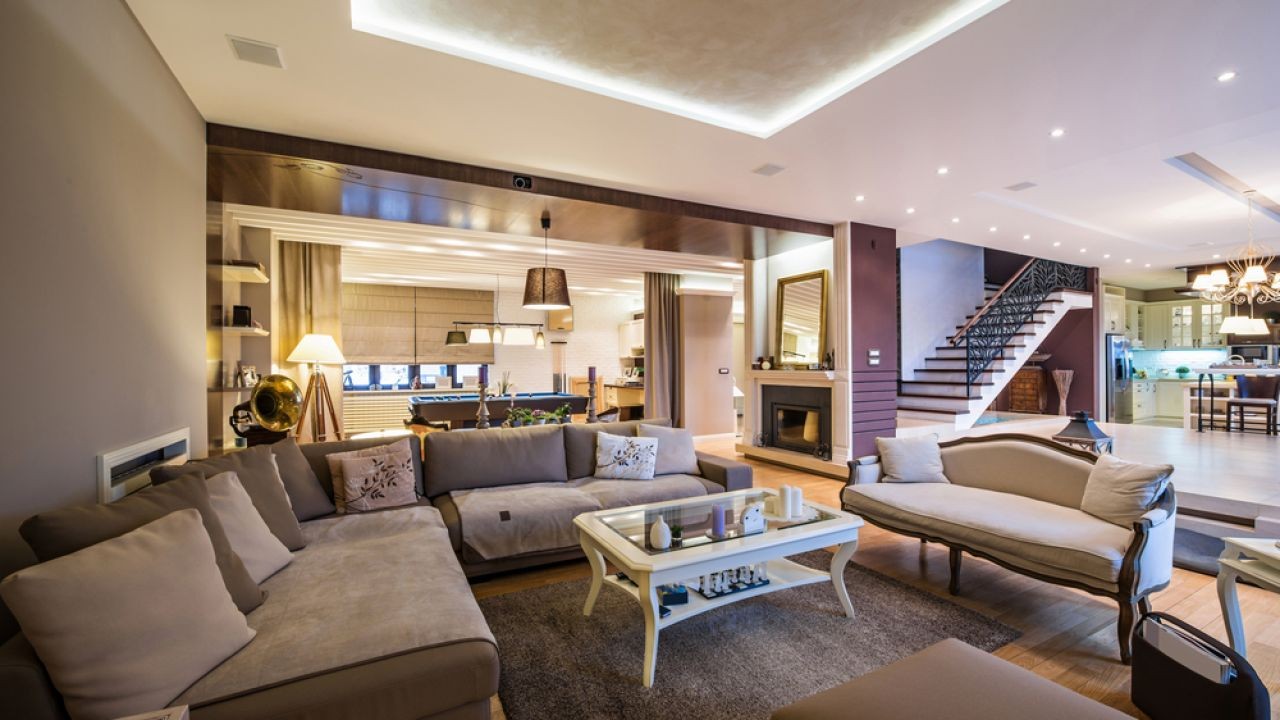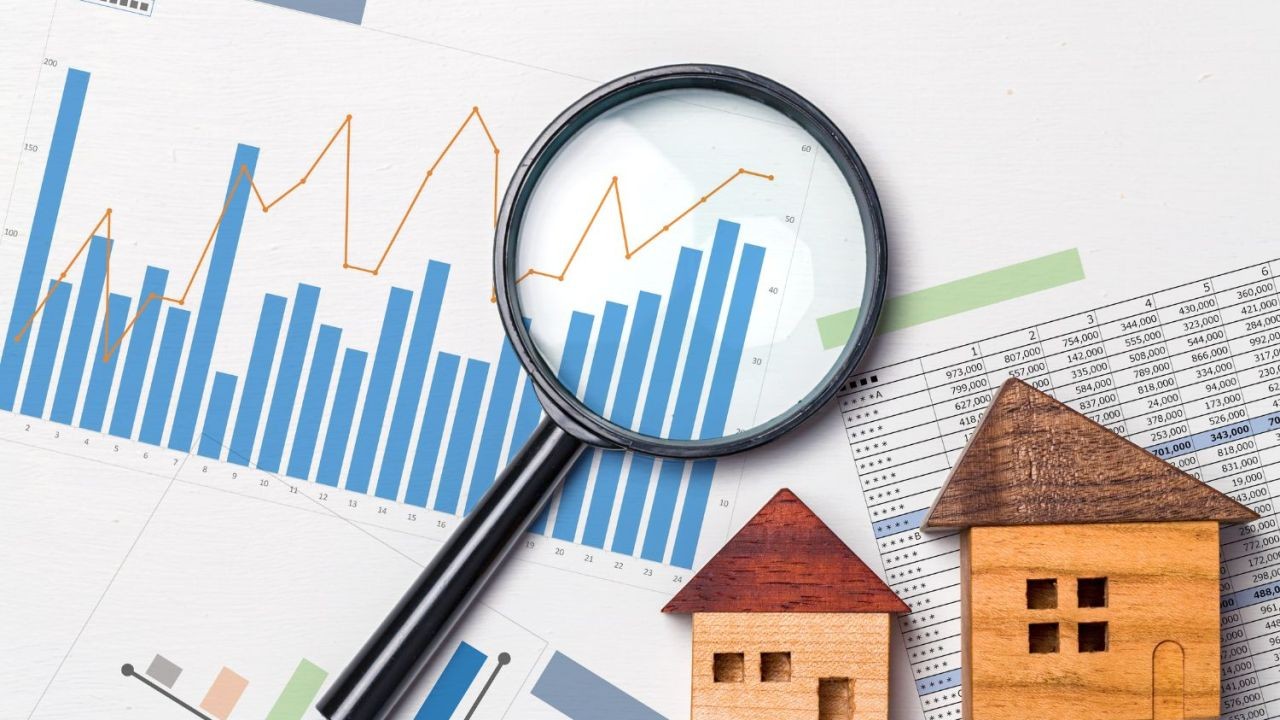In the world of television, renovation shows captivate audiences with their seemingly magical transformations. Viewers are drawn into a narrative where outdated spaces become dream homes within the span of a single episode. However, the reality behind these shows can be quite different, especially for homeowners in New Zealand. As the New Zealand property market continues to evolve, it's crucial to understand the discrepancies between TV portrayals and real-life renovations.
Understanding the Illusion: TV Renovation vs. Reality
Renovation TV shows often present a simplified and glamorized version of what is, in reality, a complex and challenging process. In New Zealand, where the housing market is influenced by unique economic factors, these portrayals can be particularly misleading. According to Stats NZ, the average cost of building a new home has increased by 15% over the past five years, a reality often glossed over in these programs.
The Hidden Costs and Timelines
One of the most significant misconceptions perpetuated by renovation shows is the timeline. On television, renovations are completed within weeks, yet in reality, they can take months or even years. In New Zealand, obtaining consents and dealing with council regulations can add considerable time and cost to a project. The Ministry of Business, Innovation and Employment (MBIE) reports that regulatory compliance can account for up to 20% of a project's budget.
Case Study: The Kiwi Homeowner's Experience
Case Study: Sarah’s Renovation Journey in Auckland
Problem:
Sarah, an Auckland-based homeowner, decided to renovate her 1970s bungalow. Inspired by renovation shows, she underestimated the complexity and cost involved. She faced challenges such as unexpected structural issues and stringent council requirements that were not highlighted in the TV narratives.
Action:
Sarah engaged a local architect and builder, who helped her navigate the intricacies of the renovation process. They conducted a thorough inspection, which revealed issues with the foundation that needed urgent attention.
Result:
After a prolonged renovation period, Sarah successfully transformed her home. The project took 18 months to complete, with a budget exceeding her initial estimates by 30%. However, the value of her property increased significantly, aligning with the rising property prices in Auckland.
Takeaway:
This case study underscores the importance of thorough planning and realistic expectations. For New Zealand homeowners, understanding local regulations and potential hidden costs is crucial for a successful renovation.
Common Myths & Mistakes
Myth vs. Reality
- Myth: Renovations are always a quick way to increase home value.
- Reality: According to the Reserve Bank of New Zealand, only well-planned renovations aligned with market demands can lead to a significant increase in property value.
- Myth: DIY projects are cheaper.
- Reality: DIY errors can lead to higher costs in the long run, especially when professional corrections are needed.
- Myth: Following TV trends guarantees a modern home.
- Reality: Trends vary by region, and what works on TV may not suit New Zealand's housing styles or climate conditions.
Biggest Mistakes to Avoid
- ✘ Underestimating Costs: A 2023 survey by the NZ Property Investors’ Federation found that 70% of renovators exceeded their budget due to unanticipated expenses.
- ✘ Ignoring Local Compliance: Failing to adhere to local building codes can result in fines and project delays.
- ✘ Overlooking Resale Potential: Not all renovations add value; focusing on personal preferences over market demand can limit resale opportunities.
Contrasting Perspectives on Renovations
Debate: To Renovate or Not?
Renovations can be a double-edged sword. On one hand, advocates argue that renovations personalize a space and can significantly boost property value, especially in high-demand areas like Wellington. Critics, however, highlight the financial risks and stress associated with large-scale projects. A middle ground approach involves prioritizing renovations based on necessity and potential return on investment.
Future Trends & Predictions
The future of renovations in New Zealand is poised for transformation. With a growing emphasis on sustainability, green building practices are set to become a standard. According to a 2024 Deloitte report, by 2030, 60% of renovations will need to meet eco-friendly standards to align with government policies. This shift presents opportunities for homeowners to enhance property value through sustainable upgrades.
Final Takeaways
- 🌟 Fact: Renovation timelines and costs often exceed TV portrayals.
- 🚀 Strategy: Engage professionals early to navigate local regulations and realistic budgeting.
- ❌ Mistake to Avoid: Overlooking compliance and potential hidden costs.
- 💡 Pro Tip: Focus on sustainable upgrades for long-term value.
Ready to embark on your renovation journey? Ensure you’re equipped with the right knowledge and expert guidance to turn your vision into reality. Share your renovation experiences and insights below!
People Also Ask (FAQ)
- How do renovation TV shows impact New Zealand homeowners?Renovation TV shows often create unrealistic expectations regarding cost and timelines, leading homeowners to underestimate the complexities involved.
- What are common misconceptions about renovations?A common myth is that renovations always add value. However, only those aligned with market demands and local compliance can significantly increase property value.
Related Search Queries
- Renovation costs in New Zealand
- Home renovation mistakes to avoid
- Sustainable building practices NZ
- Property market trends in New Zealand
- DIY renovation tips for Kiwi homeowners
































bethanymcdavid
9 months ago